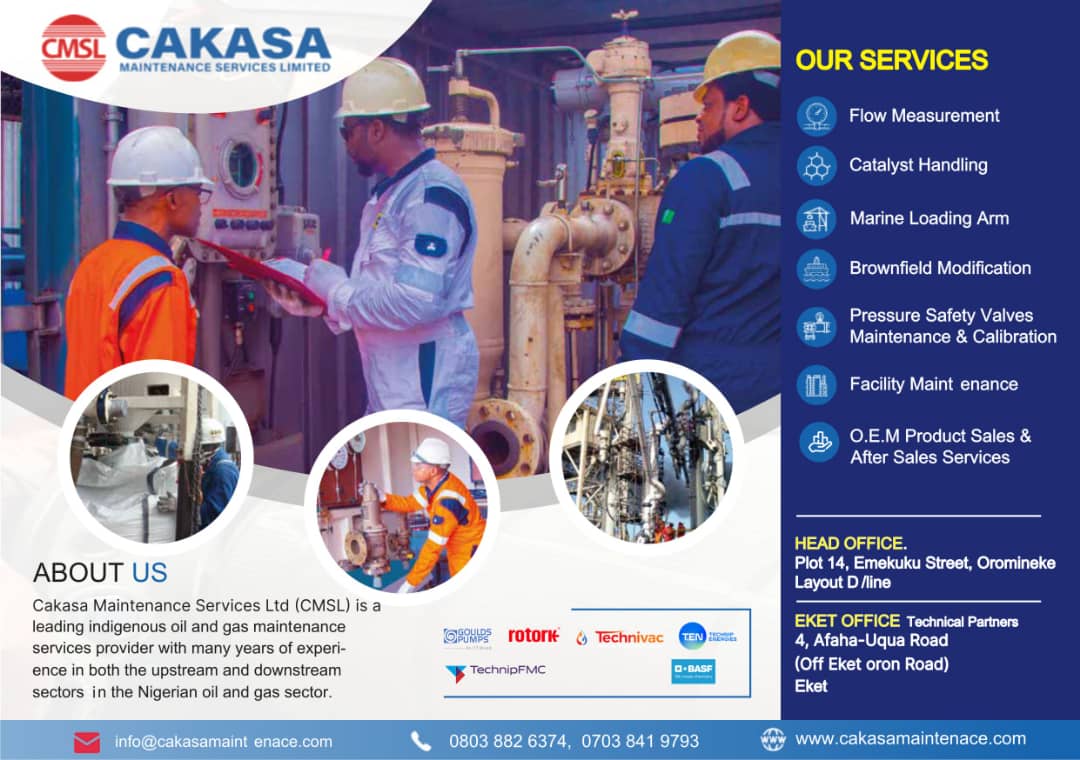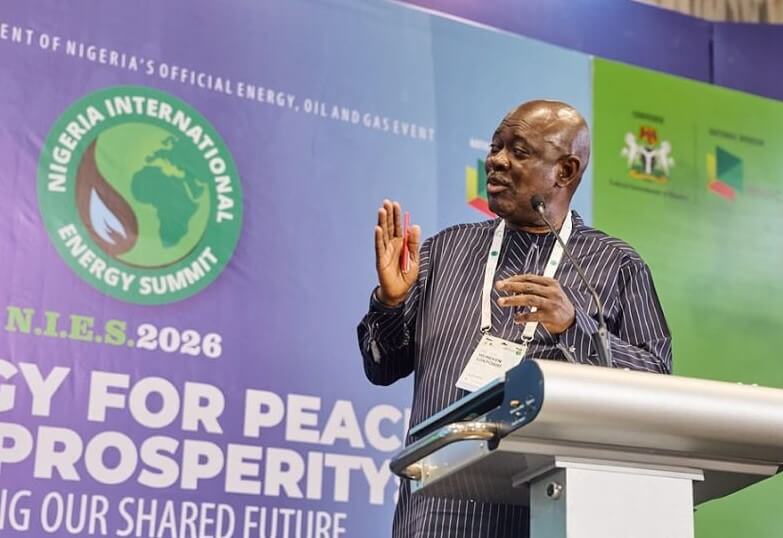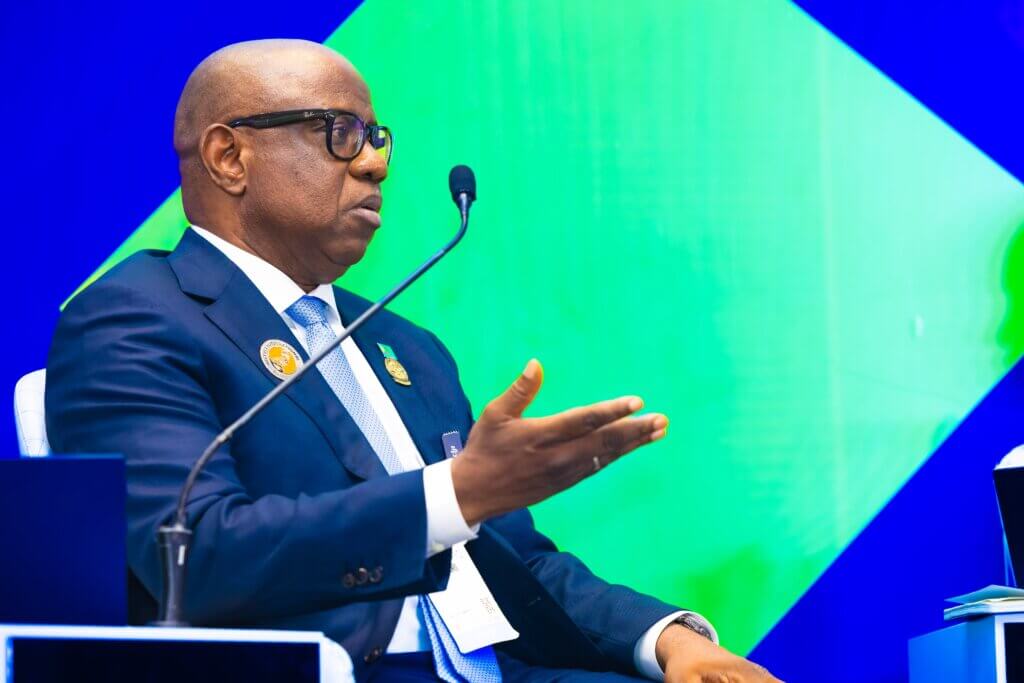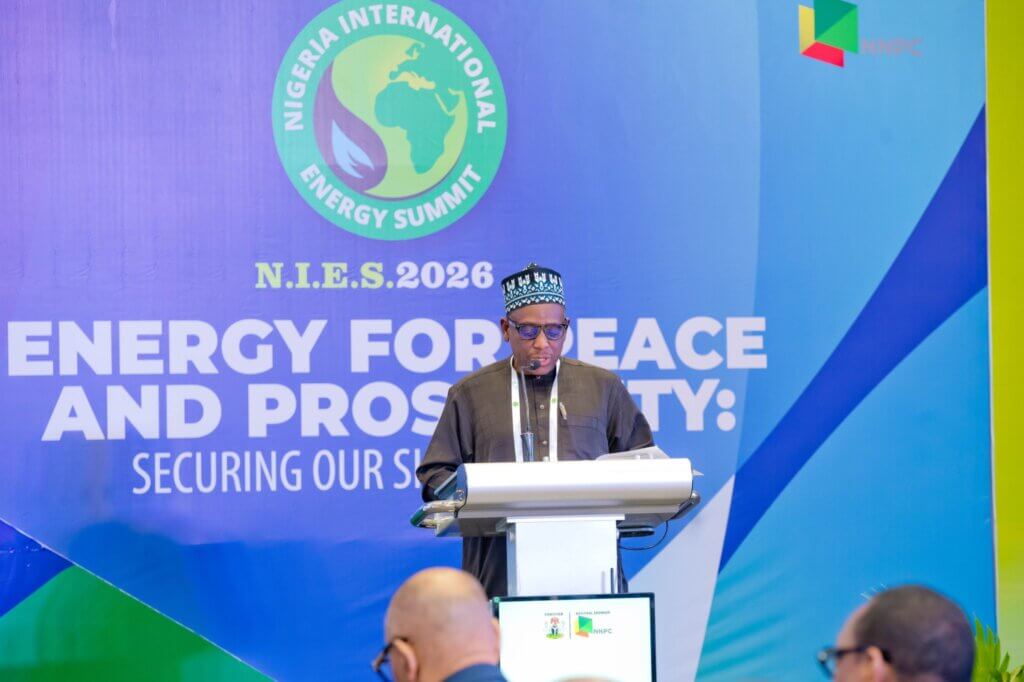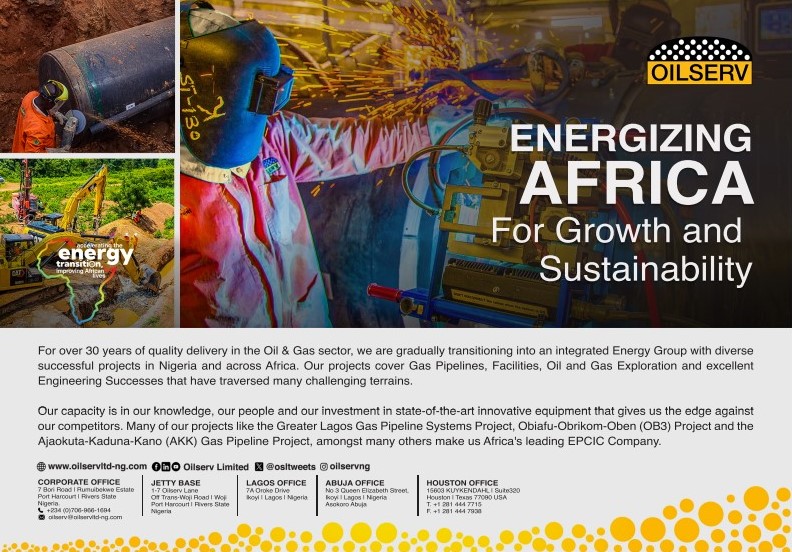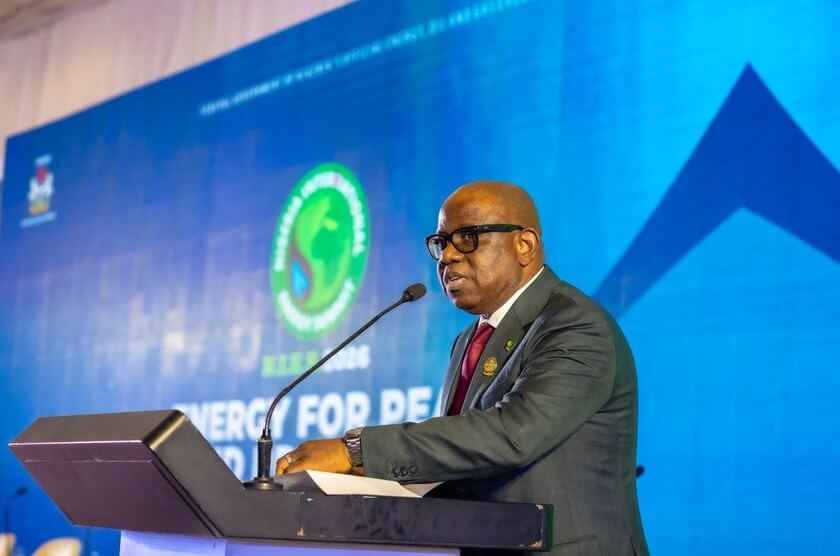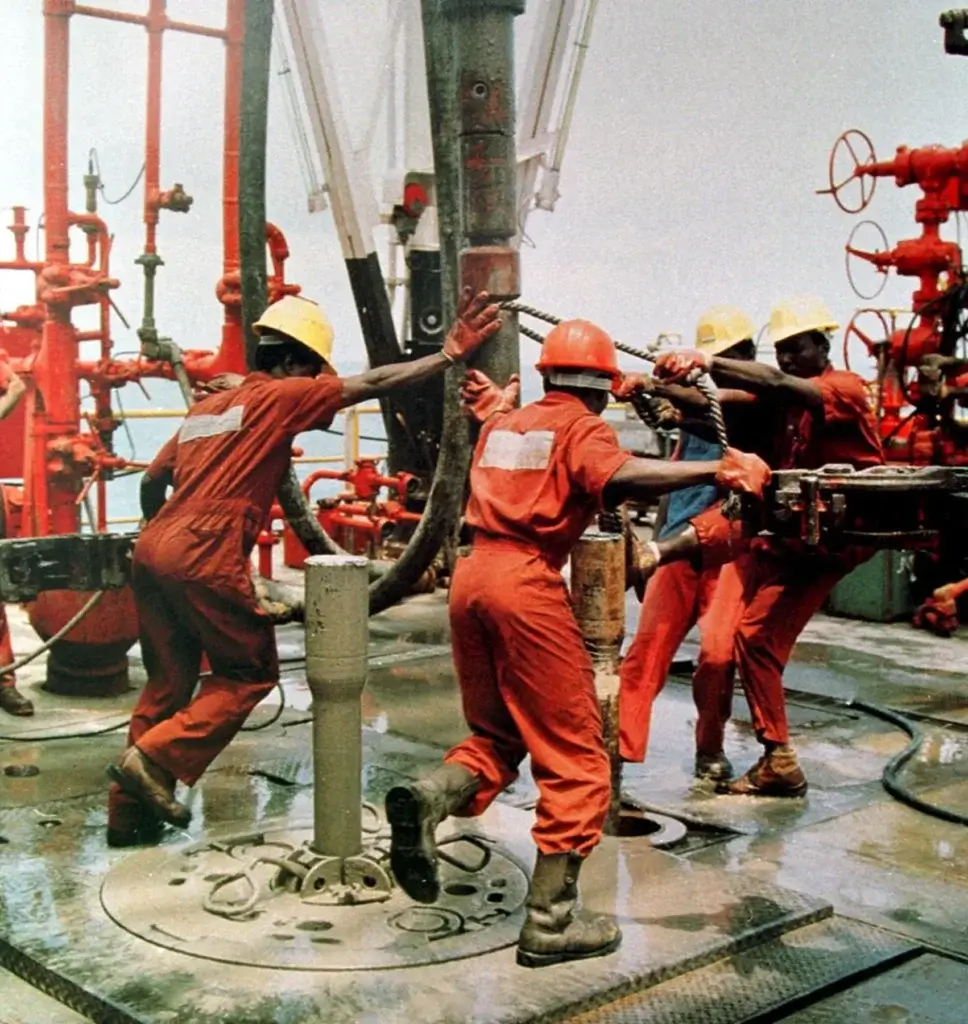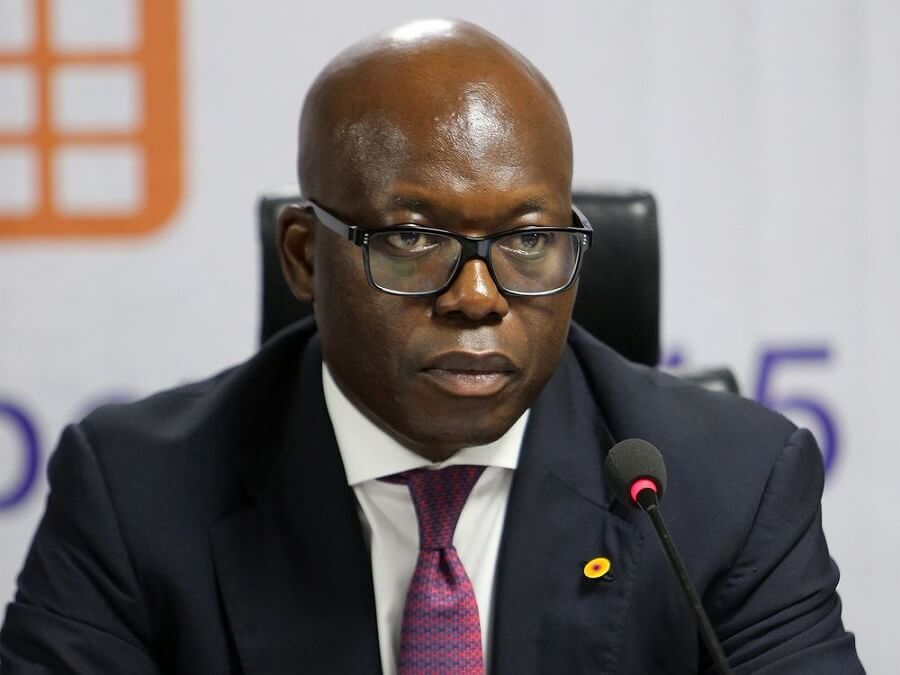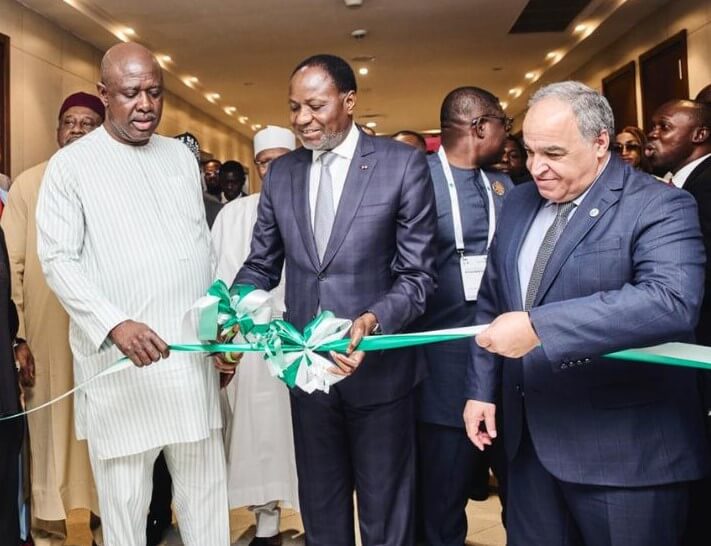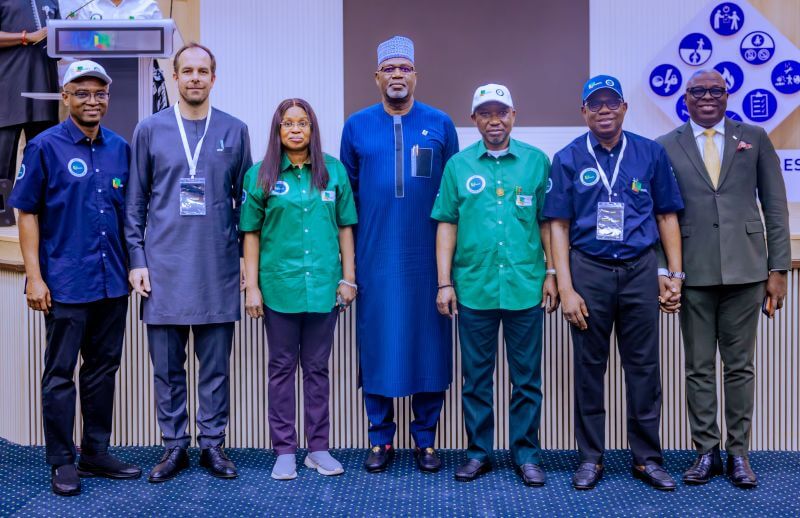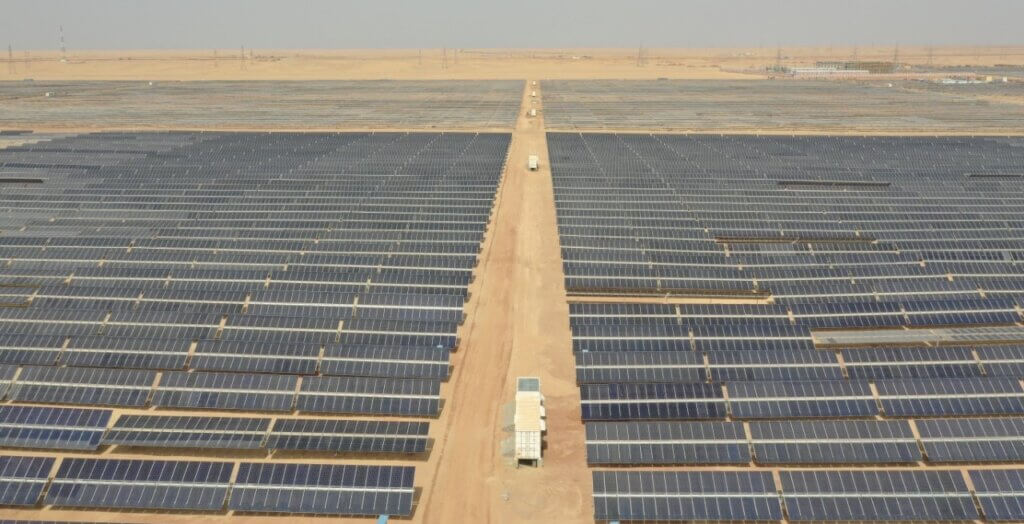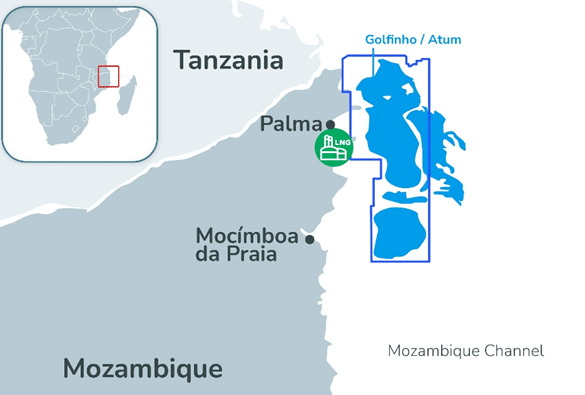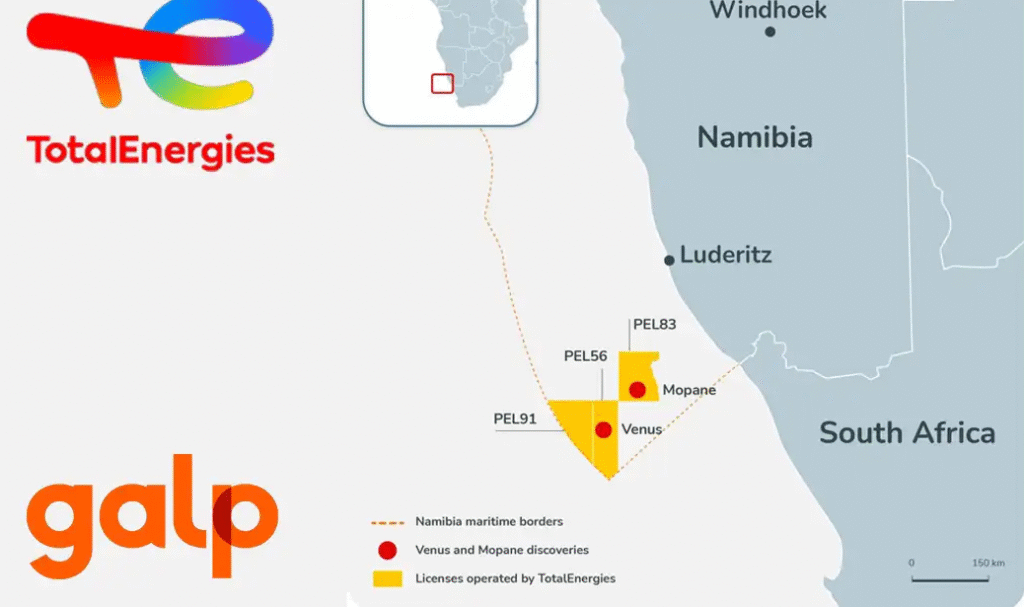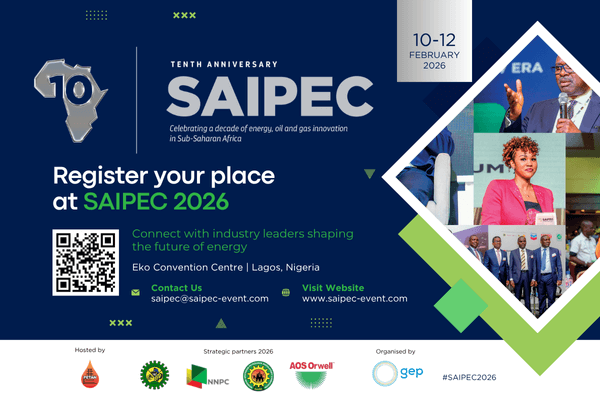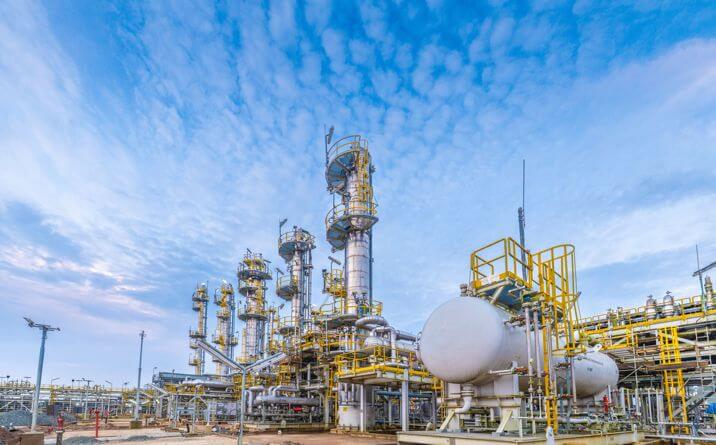
The world oil and gas sector was thrown into unprecedented economic crunch owing to the advent of novel pandemic that is currently bedeviling the global finance. Major exploration and production companies have penultimately announced delays and cancellations impacting minor projects, but the start-up dates of most major hydrocarbon projects are expected to be postponed by one to three years according to Rystad Energy, an independent energy research and business intelligence company and as reported by Africa report.
The end to these effects is not expected in any time soon, especially on the African oil and gas industrial sector. Brent crude prices – the leading OPEC benchmark in Africa – fell to around $25 per barrel on 30 April, even after it was announced that output would be reduced by 9.7 million barrels a day in cushioning the slump.
The temporal solution to the above measure is for oil producing companies to cut their production capacity and increase the storage crude inventory. Taken note that cost of production has automatically rallied when compared to crude oil prices in the international market.
However, to ensure their survival in the long run with prices below $35 per barrel – the target price set by Total – they will also have to review their project development plans, whether they have already been launched or are still pending approval.
Total Projections
Eni and Total, the two international oil and gas majors with the largest presence in Africa, have already signalled 25% cuts to their investment in exploration and production projects in 2020, which works out to a €4bn reduction for the French giant and a $2bn reduction for its Italian rival.
For 2021, Eni boss Claudio Descalzi is forecasting a $2.5bn to $3bn drop in investment, i.e., one-third of its planned investment. The impact on the continent is inevitable, as Eni is Africa’s leading hydrocarbon producer with some 1.13 million barrels of oil equivalent per day extracted in the third quarter of 2019.
For the time being, only a few non-specific delays and cancellations of smaller-scale projects have been officially announced: ExxonMobil notified the public that it has indefinitely postponed the final investment decision (FID) on its Area 4 gas megaproject in Mozambique, despite the fact that it was set to reach a decision this year, while Total indicated that it is suspending until further notice its “short-cycle” satellite field projects located near its large offshore production operations in Angola.
However, most major companies have yet to finish reviewing their portfolios and decline to provide details about the impact the catastrophic economic downturn will have on their African projects. This is true of Eni, Total and ExxonMobil, as they did not respond to our requests for comment.
Sub-Sahara Africa Projects
“Sub-Saharan Africa, a region simultaneously viewed as high-potential and high-risk, is going to be impacted more negatively than other regions of the world, like Northern Europe, Asia and North Africa”, said Siva Prasad, Senior Upstream Analyst for Africa at Rystad Energy.
The hopes and aspirations of countries like Senegal, Mauritania, Uganda and Mozambique which of later years discovered oil and gas fields of commercial quantities to be named among the league of major oil and gas producing countries are now in jeopardy. Though subsequently does not urgue well equally in the camp of the old long-standing producers like Nigeria, Angola and even Algeria, which were backing exploration and development new oilfield projects to ramp up their various countries’ economic downturn
Senegal and Mauritania Gas Project
The Senegal’s Sangomar 1 oil field project, operated by Woodside is also expected to witness delay considering the prevailing crude oil price. The project which could only make a profit at a price point exceeding $55 per barrel is seemed to be at risk.
According to Rystad, the Greater Tortue Ahmeyim gas megaproject, launched in 2018 and operated by BP on the maritime border between Senegal and Mauritania, will not come on stream before 2023, whereas its start-up was initially announced for 2022.
The FIDs regarding the satellite fields of the gas complex (Yakaar and Greater Tortue Ahmeyim Phase 2) will also likely have to wait until 2023.
Uganda Total Projects
On 23 April 2020, Total announced it had signed a deal with Tullow Oil to acquire its long-standing stakes in the Uganda Lake Albert project for $575 million. With Tullow’s exit, the joint venture partners are Total and China National Offshore Oil Corporation (CNOOC). .
The FID for the Tilenga project on Lake Albert, which was recently fully acquired by Total, was expected to be reached at the end of 2019, but has now been deferred until 2022.
Kenya and Nigeria Projects
The risk of outright cancellation is real, even for some major projects whose operating costs are incompatible with prices below $40 per barrel over the long term. The Bonga Southwest Aparo and South Lokichar projects, operated by Shell in Nigeria and Tullow Oil in Kenya, respectively, are on the chopping block, with a break-even point that can only be achieved at a price of $60 per barrel.
Algeria Sonatrach Projects
The math is just as complicated for projects in the development stage. Phase 3 of Sonatrach’s Hassi R’Mel gas field, in Algeria, with a break-even point estimated by Rystad at more than $65 per barrel, seems to be in a tight spot, even though its start-up date was scheduled for 2023.
Developing new gas fields in the southwest of Algeria and linking them to the rest of the gas network has been a strategic priority for Sonatrach over the past few years.
Together with partner Neptune Energy, gas from the 4.7 Bcm/year Touat field was first fed into the Algerian network in September last year.
Before that, Sonatrach and partners Total and Cepsa began production from the 1.8 Bcm/year Timimoun field in February 2018, while the 2.8 Bcm/year Reggane Nord field began producing in December 2017.
Both the Hassi Ba Hamou and Hassi Mouina projects have faced significant delays, however.
Sonatrach had hoped to bring them online by 2018, but both are still several years from starting production





















